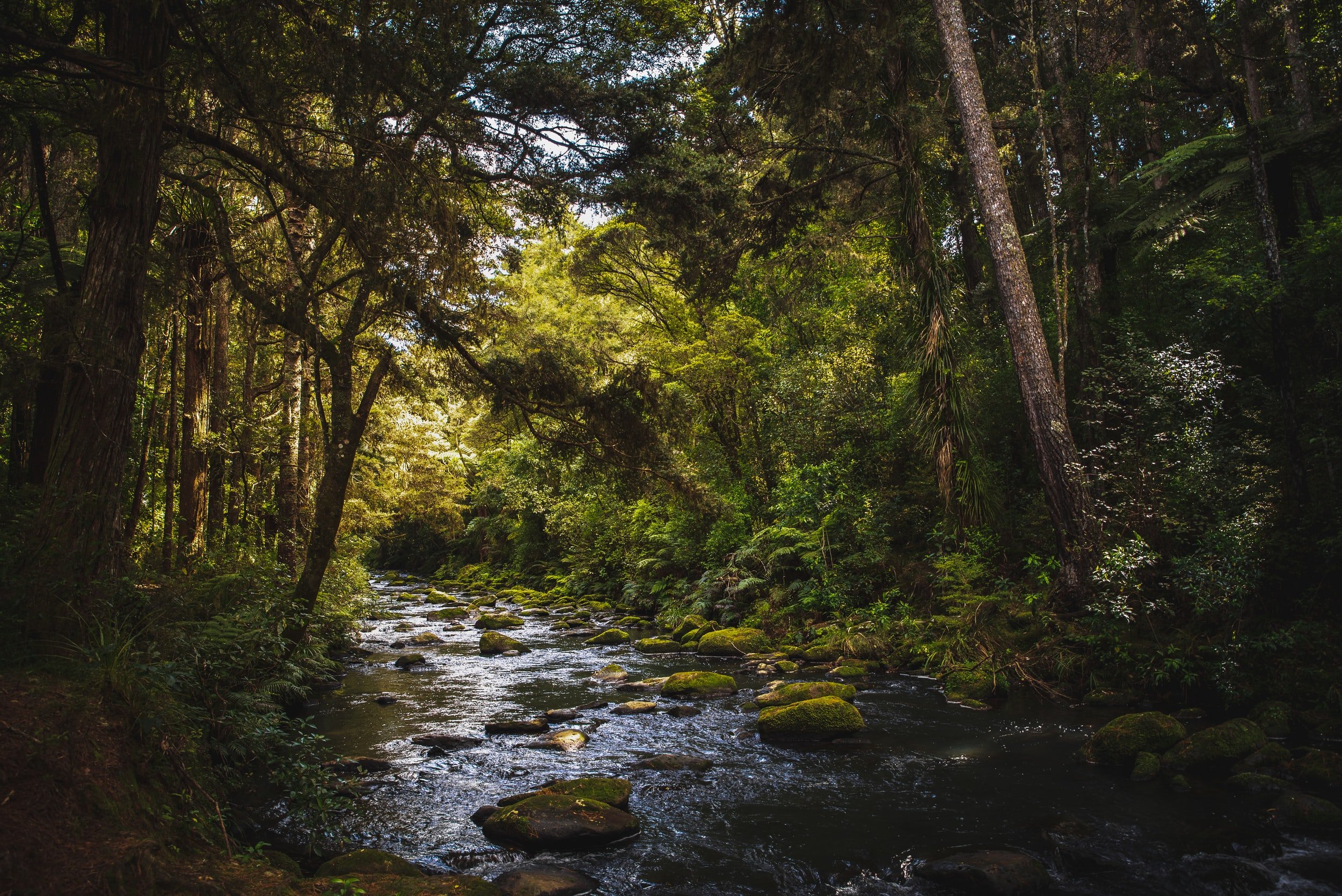
Scientific solutions have the potential to redress two centuries of ravaged natural heritage
Who are we?
Science for Nature is a charitable trust established to initiate and support projects where innovative scientific solutions and toolkits can be developed to address New Zealand’s terrestrial and maritime environmental threats.
The Trustees are Alistair Brown and John Laurence, both of whom who have been actively involved in conservation projects in New Zealand. Alistair and John are passionate about restoring New Zealand’s natural heritage and in particular the Hauraki Gulf / Tīkapa Moana / Te Moananui-ā-Toi.
Why are we?
New Zealand’s natural heritage, both terrestrial and marine, has been degraded by human activity. Our unique terrestrial fauna and flora have been devastated by habitat destruction and the introduction of pests such as stoats, ferrets, possums and rats which have ravaged indigenous species. At the same time New Zealand’s marine areas have been affected by over-harvesting of core species such as shellfish and large fish so that our coastal environment is no longer in balance.
While restoration and conservation groups work hard to redress the balance, traditional tools have shown limited efficacy and their armies of unpaid volunteers can suffer disillusion as progress becomes elusive.
Science for Nature believes that traditional conservation groups and their funders are uncomfortable with the risks of supporting new technology solutions. We are looking to fill that space with the understanding that ideas sometimes don’t work but that the serendipity of the scientific process can mean that new approaches might emerge from setbacks.
What are the benefits?
The provision of “risk capital” to support innovative ideas may lead to a step-change change in the way conservation groups do things. Smarter use of technology should help release nature’s own restorative powers and create better and more sustained outcomes.
New Zealand can be at the forefront of the use of applied science for positive ecological outcomes. It’s search for solutions to protect its unique environment has already lead to pioneering skills such as island pest eradication. Science for Nature believes it has the potential to achieve much more.